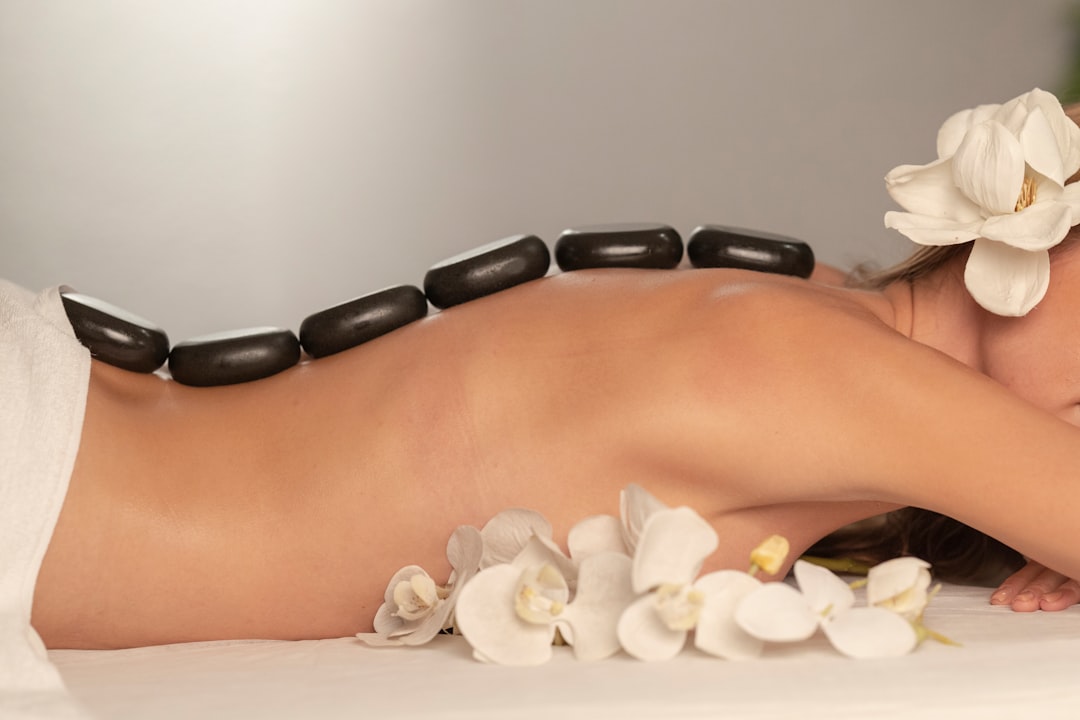Mobile massage services in New Jersey operate under strict state regulations to protect consumers and prevent issues like massage sexual assault. Therapists must be licensed by the New Jersey Board of Massage Therapy, meeting rigorous training and exam standards. Businesses must also comply with licensing, permits, health & safety requirements, and staff training on ethical practices to avoid legal troubles, including potential litigation from sexual misconduct claims, for which victims can seek guidance from massage sexual assault lawyers in New Jersey.
The mobile massage industry is thriving in New Jersey, offering convenience and relaxation to clients across the state. However, as this sector expands, it brings unique legal considerations that require careful navigation. This article delves into the regulatory framework governing mobile massage services, addressing critical issues such as licensing, consent, and client safety. We also explore sexual assault concerns, employment status protections, and insurance implications for massage therapists, providing essential insights for both businesses and practitioners in New Jersey to ensure ethical and compliant practices.
Regulation and Licensing of Mobile Massage Services in New Jersey
In New Jersey, mobile massage services are regulated by the state’s health and safety standards to ensure consumer protection. Therapists providing on-the-go massages must be licensed by the New Jersey Board of Massage Therapy, which requires completion of an approved training program and passing a licensing exam. This regulation is crucial in mitigating risks, such as massage sexual assault, by holding practitioners accountable for their practices.
The state’s legal framework also emphasizes the importance of consent and professional boundaries. Massage therapists are legally bound to obtain explicit consent from clients before starting any service and maintain appropriate physical distance. In cases where there are allegations of sexual misconduct or assault, experienced massage sexual assault lawyers in New Jersey can guide both victims and practitioners through the legal process, ensuring fairness and justice under the law.
– Overview of the regulatory framework for mobile massage businesses
In New Jersey, the regulatory framework for mobile massage businesses is designed to ensure consumer safety and professional standards. Businesses operating in this sector must adhere to strict guidelines related to licensing, training, and insurance requirements. The New Jersey Board of Massage Therapy administers these regulations, ensuring that only qualified and licensed practitioners offer massage services. This includes mobile massage therapists, who provide their services at clients’ locations.
One critical aspect for mobile massage businesses is preventing and addressing potential issues like massage sexual assault. Given the intimate nature of the service provided in private settings, it’s essential for companies to implement robust safety protocols and train their staff on ethical practices. Additionally, having legal support from experts specializing in massage therapy laws, including massage sexual assault lawyers in New Jersey, can help businesses navigate regulatory challenges and protect themselves from potential litigation.
– Licensing requirements and procedures for massage therapists and business operators
In New Jersey, both massage therapists and business operators offering mobile massage services must navigate stringent licensing requirements. Massage therapists are required to obtain a license from the New Jersey Board of Massage Therapy, which involves completing an approved training program, passing a written and practical exam, and submitting the necessary application and fees. Once licensed, therapists must adhere to ongoing education and renewal requirements. For business operators, obtaining the appropriate licenses is equally crucial. This includes permits for operating a mobile business, ensuring compliance with health and safety standards, and potentially seeking additional licenses for specific services or marketing strategies.
Understanding these licensing procedures is essential, particularly as mobile massage businesses grow in popularity. Compliance not only protects the interests of consumers but also shields business operators from legal repercussions, including potential charges of professional negligence or, more seriously, massage sexual assault. Engaging the services of a knowledgeable lawyer specializing in massage therapy and business law can help ensure that all legal obligations are met, providing a solid foundation for the successful operation of mobile massage businesses in New Jersey.




